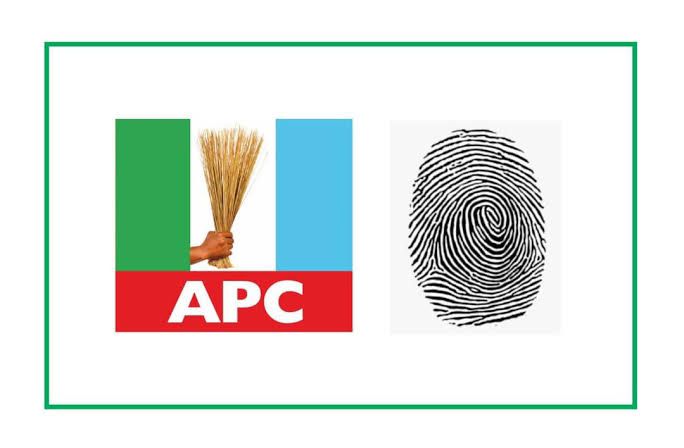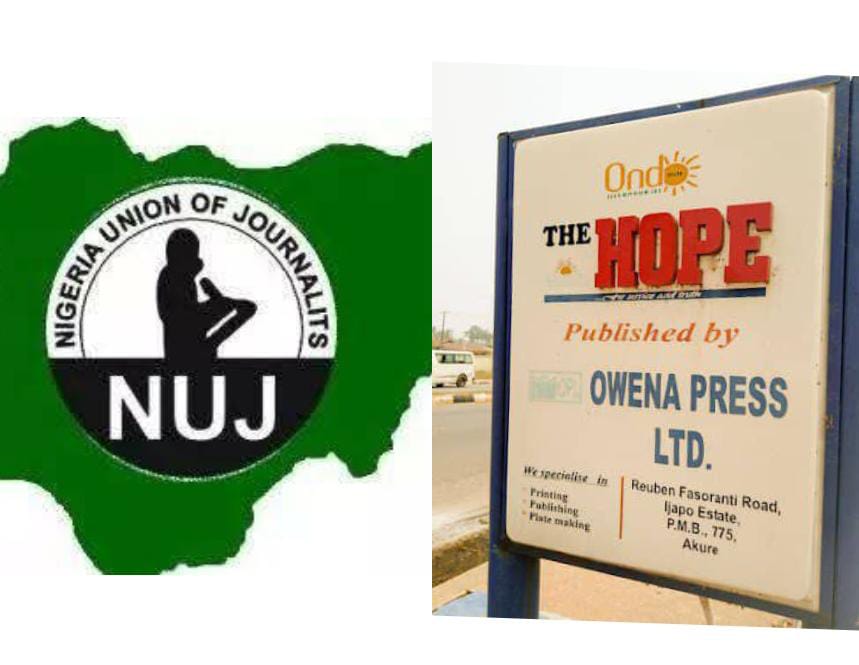By: Tolulope Oluwole
The Executive Chairman, Ondo State Internal Revenue Service, (ODIRS), Mr Tolu Adegbie has said that taxation is really a working tool that can be used to curb money laundering in Nigeria if the proper implementation framework and collaborations are being made.
Adegbie made this known at the 2nd Annual Lecture & Dinner of Elizade University Tax Club, held at the ODIRS Corporate Headquarters in Akure on Thursday.
This is the second time such annual lecture would be sponsored by ODIRS and the second lecture is titled; “Bridging income inequality through taxation.”
The Executive Chairman who was represented by the Senior Special Assistant to the Ondo State Governor on Revenue, Mr Olufemi Feyide, noted that “since tax is consequential of every income being made by citizens in a country and money laundering is simply the act of making good, income which were acquired illegally, one can infer that where a tax authority is effective and properly empowered, the tax authority monitors and will have access to every income being made by citizens in the state/country.

Adegbie who is also the Patron of the Tax Club, explained that for taxation to help in money laundering, there must be a close and intact collaboration among the relevant tax authorities both at the federal and State levels (FIRS and SIRS) as well as all major revenue generating agencies (The Nigerian Customs Service, The Nigerian Immigration Service, NNPC, CAC, and Financial Institutions through the Central Bank of Nigeria.
He also urged that the Tax Audit, Investigation and Enforcement officers of tax authorities should be properly empowered to diligently carry out their duties with eagle eyes to detect any illegality in any income of tax payers.
The Head of Legal Department, ODIRS, Barr. Adebayo Ogunsuyi who was represented by Mrs Oladayo Omotoso opined that in tackling money laundering by any means, proper audit, investigation and probe were inevitable.
Ogunsuyi added that the extant tax laws in Nigeria had made provisions and empowered tax authorities to probe into the occupations and even sources of income of tax payers.
“The law has made provisions for punitive measures against any citizen who gives false declaration of assets or returns (see sections 95 and 96 of PITA)”.
“The institution of taxation in Nigeria has given room for the quick detection of not only tax crimes but also other financial crimes if and only if the provisions of the law are well implemented and executed through tax audit, investigation and enforcement.
“With the introduction and use of Tax Identification Number for both individual and corporate tax payers in Nigeria, the Bank Identification Number (BVN) has also contributed immensely to help minimize the occurrence of tax crimes and even money laundering in Nigeria,” said Ogunsuyi.
Acting governor of Ondo State, Hon. Lucky Aiyedatiwa who was represented by the Deputy Chief of Staff to the Governor, Prince Segun Omojuwa, commended the concept of Tax Club because such would encourage revenue generation for overall growth.
“I believe your aims and objectives will be of great benefits to tax generation and administration in Ondo State and Nigeria at large”.
Aiyedatiwa also saluted the founder of Elizade University, Chief Michael Ade-Ojo for allowing the idea of the Tax Club to flourish in the university environment.
Speaking on the lecture’s title, a Tax Consultant, Mr David Ologun said that the Nigerian Tax system is expected to contribute to the well-being of all Nigerians.
He added that the objectives includes; “To Promote fiscal responsibility and accountability, Facilitate economic growth and development, Provide the government with stable resources for provision of public goods and services, Address inequalities in income distribution, Provide economic stability, Pursue fairness and equalityCorrect market failures or imperfections.
“Income inequality is being addressed by developed countries because it leads to higher poverty level at the current income and economic situation levels and a barrier to poverty reduction. In Nigeria, the Joint Tax Board, Federal Inland Revenue Service and States Internal Revenue Service are focusing attention on various taxes to reduce inequality income,” Ologun said.










